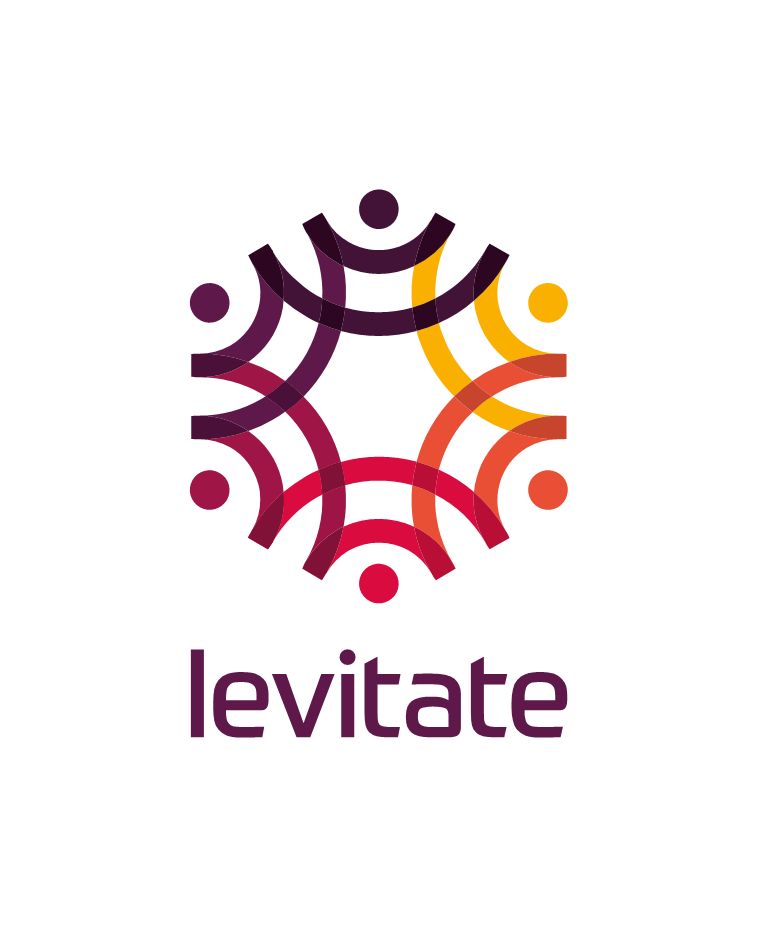What do policy makers want to know about the impact of connected automated vehicles?
 Workshop participants shared their thoughts about the contributions of CAT to the future of passenger cars, urban transport, and freight transport. They also stated their perspective of long-term goals with respect to safety, society, economy and environment, along with relevant indicators and conflict potentials between these goal dimensions.
Workshop participants shared their thoughts about the contributions of CAT to the future of passenger cars, urban transport, and freight transport. They also stated their perspective of long-term goals with respect to safety, society, economy and environment, along with relevant indicators and conflict potentials between these goal dimensions.
“While automated vehicles may bring some benefits, there is also the possibility that their widespread introduction in urban areas could lead to increased congestion, negative environmental impacts and negative health impacts, if walking and cycling are discouraged”, says Suzanne Hoadley of Polis who also authored Polis' discussion paper "Road Vehicle Automation and Cities and Regions".
“Therefore, it is of utmost urgency to bring professionals together beyond their own sectors and exchange about use cases and risks of CATs. Today’s workshop in Gothenburg takes an important step on that matter.”
About the stakeholder group
The workshop marked the first meeting of the LEVITATE Stakeholder Group, which meets several times until the completion of the project in 2021. The stakeholder group facilitates a continuous dialogue with experts, users and the consortium about the impacts of connected and automated transport (CAT). Through the stakeholder group, LEVITATE provides a European platform for knowledge sharing and discussion about automation in transport.
About LEVITATE:
The LEVITATE project develops methods to forecast societal level impacts of connected and automated transport (CATs). This includes the impact of CATs on safety, the environment, the economy and society.
More information
- Watch the video here.
- Read the full press release here.
- Subscribe to the LEVITATE newsletter here.
- Join the stakeholder group on LinkedIn.

